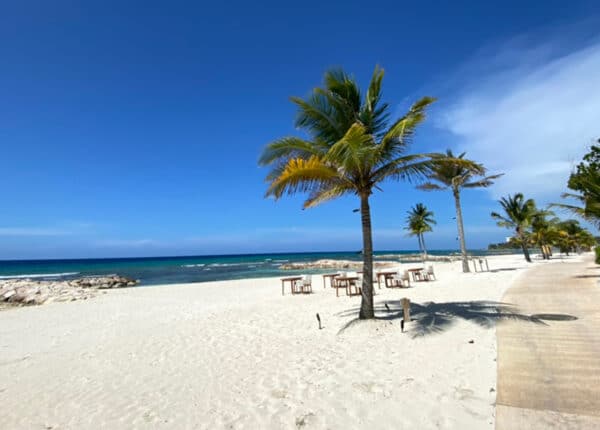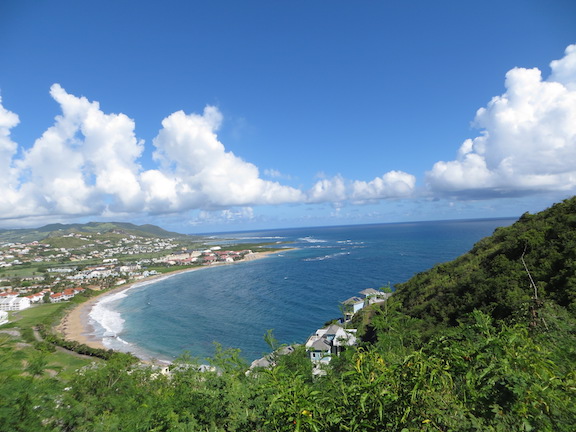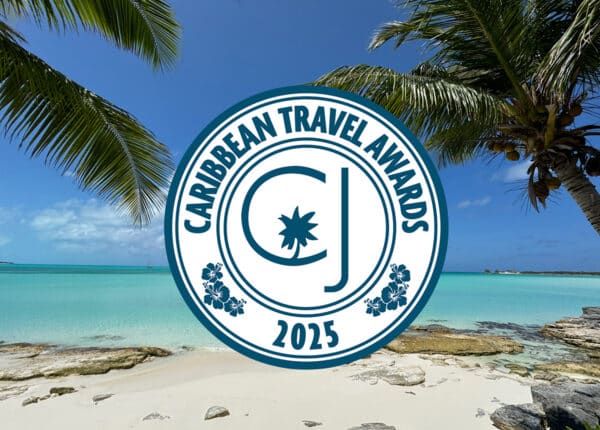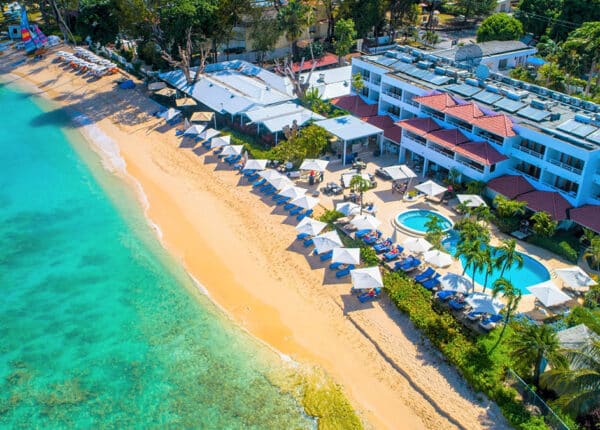Tourism Policy and Sustainability in the Caribbean Region
By Julio Orozco and Tevin Gall
Op-Ed Contributors
Regional policies with respect to Tourism development initially arose as a response to threats to tourism sustainability, which began to appear in the 1970’s as a result of the rapid global expansion of mass tourism.
In the Caribbean, these challenges manifested in the environmental and socio-cultural spheres, and were exacerbated by the region’s high level of vulnerability, often due to the risk of natural disasters, limited natural and human resources, fragile domestic markets and a high level of trade dependency, which created additional pressures to maintain the sustainability element in the region’s tourism practices.
Today, a number of tourism policies, specific to individual countries have been developed over the years to varying degrees of success: Barbados, Dominica, Belize, Costa-Rica, St Lucia and Trinidad and Tobago are among the countries, who, after consultation with numerous Ministries, Boards and relevant Regional and International Agencies have established sustainable tourism policies of their own.
One of the principal objectives of establishing a tourism policy is to guarantee and safeguard the effective standardisation of processes and practices within the respective tourism industry in which the policy is implemented.
This standardisation fosters uniformity and consensus regarding practices which can result in increased sustainability and an overall improvement in the quality of the tourism product.
Furthermore, an appropriate use of environmental and human resources should take place as a result of the implementation of a tourism policy.
As it relates to application and enforcement of Tourism policies, thorough assessment and analysis must take place in order to identify disparities and missteps, an essential step towards maintaining consensus.
It is this analysis which allows the development of a tourism policy that is specifically tailored to a territory or region, thereby addressing issues that are indigenous to the respective area targeted.
According to Lisa Shandilya, a hospitality professional of Trinidad and Tobago in an Article in the Trinidad Express, Nov. 14, 2014, “A tourism policy cannot be copied and adapted to a destination, especially if [said destination] is to offer a unique and identifiable product offering in a global market place.”
Shandilya criticises as archaic the model of governance that applies a “one-size-fits-all” tourism policy, adding that Tourism policies should be in flux to correspond to a changing market and economy. She also lists the advantages of having a focused tourism policy, explaining that such a policy is, in itself a clear plan of action seeking to identify destinations as targets not only for travel, but for cultural and commercial development, in order to attract investors and foster broad social and economic growth.
One of priority concerns in the drafting of sustainable tourism policies is to ensure the adequate involvement of the local community in tourism activity, to guarantee increased socio-economic benefits can be generated as it relates to increasing employment and entrepreneurship, creating opportunities for local businesses and preserving the local heritage and culture.
The ACS maintains a keen interest in this area and through its Directorate for Sustainable Tourism is currently engaged in the implementation of a project which focuses on strengthening entrepreneurship among women and enhancing handicraft production as part of efforts to promote diversification and enhancement of the tourism landscape.
This cross-cutting initiative which led to the establishment of a Regional Network of Artisans of the Greater Caribbean, also includes the development of a Regional policy, an endeavour which seeks to ensure continuity and also guarantee the sustainability of efforts in this regard.
Another initiative the Association is currently engaged in is the Training for Careers in Sustainable Tourism project, an initiative which is being implemented with the support of the French Development Agency (AFD). The project entails the commission a Comprehensive Research activity to develop a Publication that documents the current status, challenges, needs and priorities related to Technical and Vocational Education and Training (TVET) in Tourism.
The primary objective is to highlight the role of education and training to tourism competitiveness and sustainability, and create awareness among Regional Policy makers of its importance to the sector. Among its main outcomes, this project will facilitate the development of a Regional TVET Framework for the Tourism sector, which would support the implementation of future Professional Training and Capacity-building Programs, and thus contribute to strengthening the competencies and productivity of the Regions human resources.
Yet another advantage of a having a sustainable tourism policy is to facilitate government’s heightened involvement in the activities of the tourism sector. If policies are implemented, leading to decrees and laws being entered into force, the result should be an increased effectiveness and efficiency of tourism activities. It is with this understanding that the ACS, in collaboration with the National University of Colombia and the Colombia based Centre for Caribbean Thought, will be hosting a workshop on Components for the Creation of Public Policies for Sustainable Tourism Development on the Island of San Andrés from March 18 to 20 in San Andrés, Colombia.
The workshop is designed to inform the development of a Sustainable Tourism Policy for San Andrés, based on best practises and lessons learnt from other countries in the region, and guide next steps as the Colombian Government seeks to promote the island as a Global Tourism destination.
As the region seeks to maintain its status as the world’s leading tourism destination, it is important that all countries have a comprehensive, clear and effective public policy developed that is enforced and can inform its activities relative to the sustainable development of tourism.
Cognizant of the advantages of having a fully functional policy whether regional or territorial, it remains that its implementation can only serve to enhance the tourism activities of the Greater Caribbean, at both the local or regional levels.
Julio Orozco is the Director of Sustainable Tourism of the Association of Caribbean States and Tevin Gall is the Research Assistant of the Directorate of Sustainable Tourism.
Note: the opinions expressed in Caribbean Journal Op-Eds are those of the author and do not necessarily reflect the views of the Caribbean Journal.







